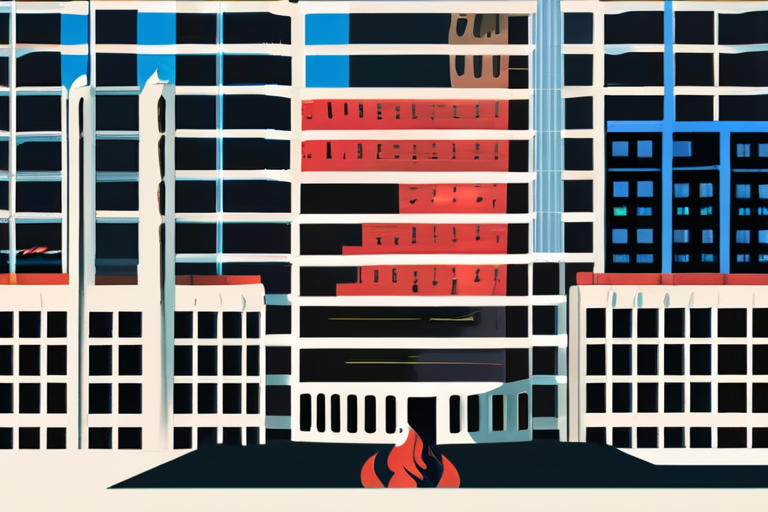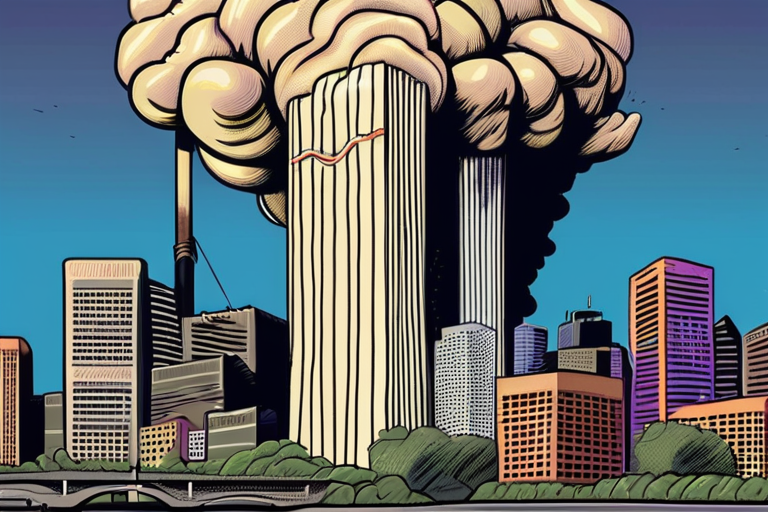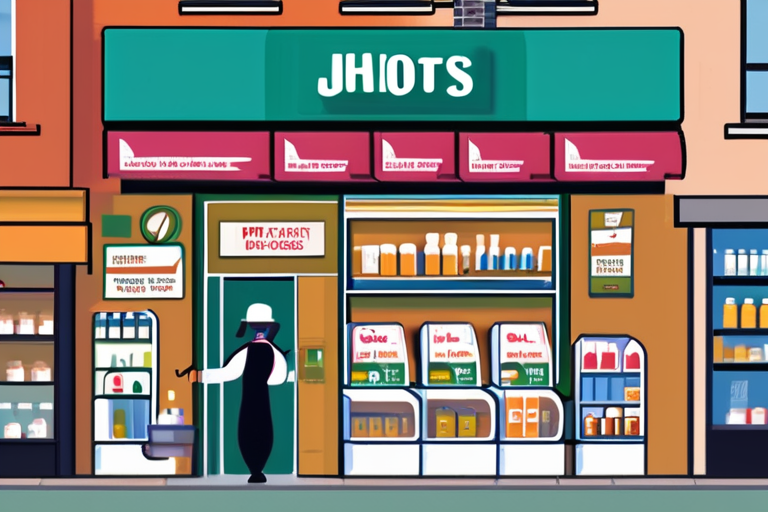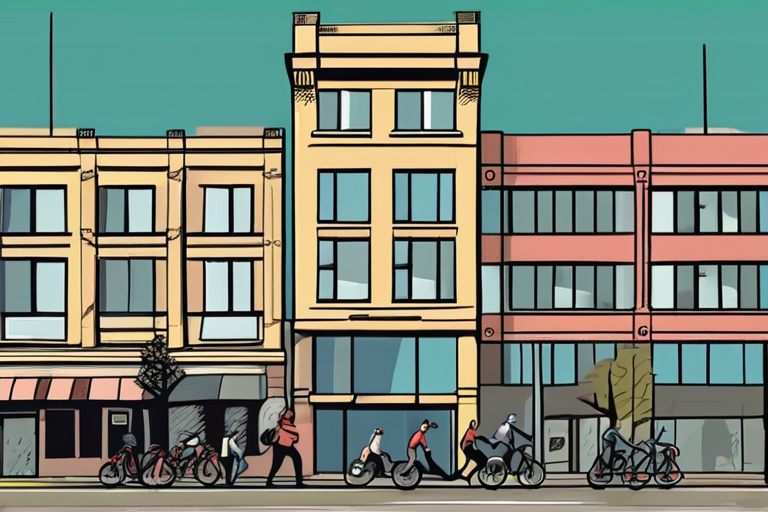Trump's Cities Under Siege: Immigration Crackdown Sparks Unrest Across America


Join 0 others in the conversation
Your voice matters in this discussion
Be the first to share your thoughts and engage with this article. Your perspective matters!
Discover articles from our community

 Hoppi
Hoppi

 Hoppi
Hoppi

 Hoppi
Hoppi

 Hoppi
Hoppi

 Hoppi
Hoppi

 Hoppi
Hoppi

The Artwork That Spawned 9/11 Conspiracy Theories and Mystery On March 19, 2000, Florian Reither, a member of the Austrian …

Hoppi

"Shocking" Jhoots Pharmacy Chain Faces Calls for Shutdown Amid Allegations of Financial Mismanagement A scathing critique from a UK MP …

Hoppi

Portland's Reality Contrasts with Trump's "War-Ravaged" Claim PORTLAND, OREGON - In a stark contrast to President Donald Trump's assertion that …

Hoppi

AI Challenges the Dominance of Google Search In a significant shift in the digital landscape, artificial intelligence (AI) has begun …

Hoppi

Memecoins Soar on Bets of Fed Rate Cut and Altcoin ETFs The memecoin sector experienced a significant surge in value …

Hoppi

Half of UK Adults Now Regularly Pay on Mobile, Data Shows According to new banking data from trade body UK …

Hoppi